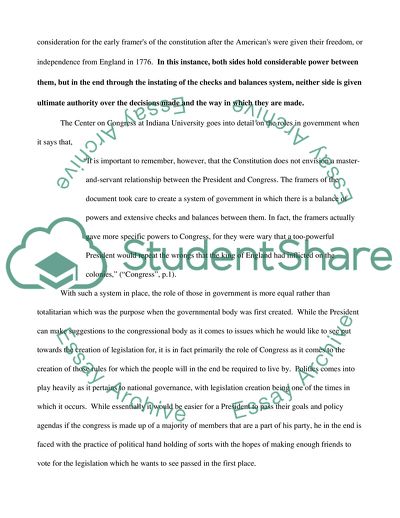Cite this document
(The Powers That Be Within Government Coursework, n.d.)
The Powers That Be Within Government Coursework. Retrieved from https://studentshare.org/politics/1717274-who-has-more-power-congress-or-the-president
The Powers That Be Within Government Coursework. Retrieved from https://studentshare.org/politics/1717274-who-has-more-power-congress-or-the-president
(The Powers That Be Within Government Coursework)
The Powers That Be Within Government Coursework. https://studentshare.org/politics/1717274-who-has-more-power-congress-or-the-president.
The Powers That Be Within Government Coursework. https://studentshare.org/politics/1717274-who-has-more-power-congress-or-the-president.
“The Powers That Be Within Government Coursework”. https://studentshare.org/politics/1717274-who-has-more-power-congress-or-the-president.


